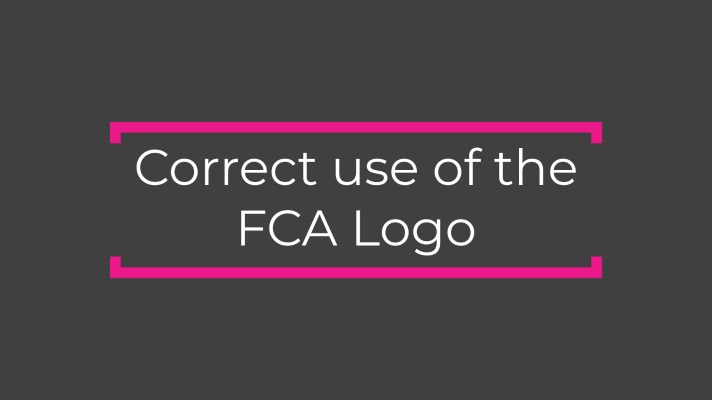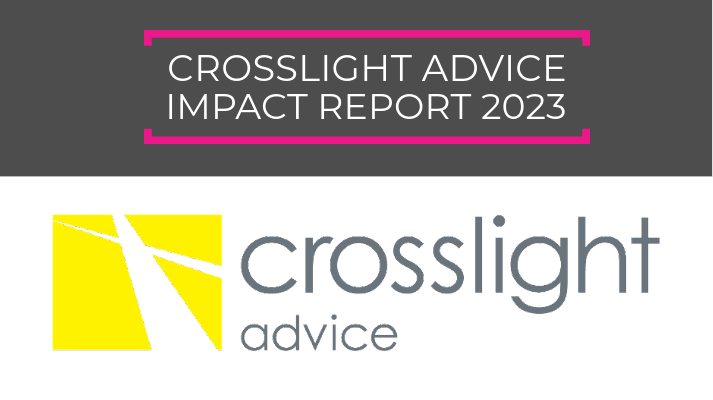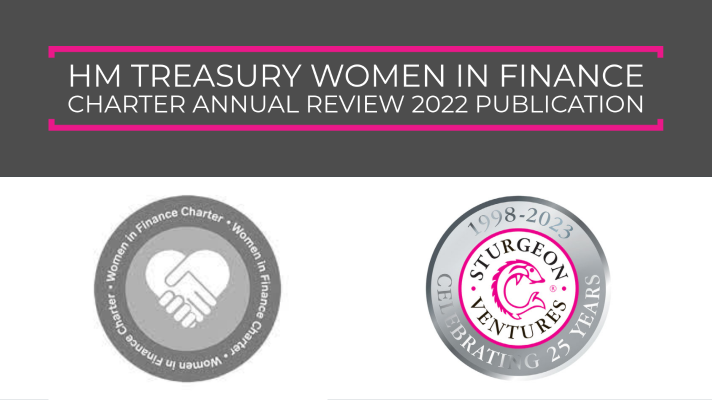Spoofing the Order Book: UK and U.S. Regulators Take Aim
William Yonge (Morgan, Lewis & Bockius UK LLP) and Seonaid Mackenzie (Sturgeon Ventures) discuss.
What Is Spoofing?
“Spoofing” is a form of market manipulation in which the trader layers the order book by submitting multiple orders on one side of an exchange’s order book at prices away from the touch in order to move the price but with no intention to execute.
The trader then executes an order on the other side of the order book to take advantage of the price movement, following up with a rapid cancellation of the orders submitted initially. In short, the market has been “spoofed” and the trader has thereby profited at the expense of other investors and the market’s integrity.
Spoofing and the EU Market Abuse Directive
The UK’s civil market abuse regime was first introduced in 2001 and amended in 2005 to implement the EU Market Abuse Directive, under which manipulative transactions constitute a type of market abuse. Manipulative transactions include those that are likely to give a false or misleading impression as to the supply of, price of, or demand for, one or more qualifying investments and are executed without legitimate reason.
To read more, please click on the pdf below.

William Yonge, Solicitor and Partner at Morgan, Lewis & Bockius UK LLP
+44 (0) 20 3201 5646
wyonge@morganlewis.com
http://www.morganlewis.com/











